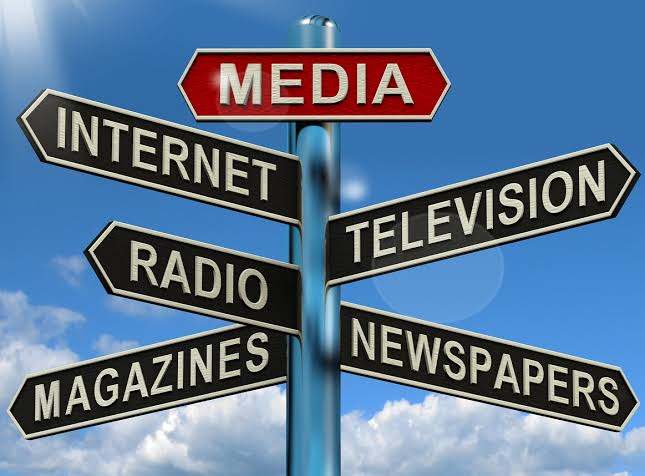A non-governmental organisation, Theseabilities Foundation, has called on journalists and media practitioners to desist from use of words or expressions that amount to profiling while reporting about persons with disabilities.
The call was made on Friday at a webinar titled, ‘Acceptable Use of Language around the Disability Community,’ organised by Theseabilities Foundation in collaboration with The PUNCH Media Foundation.At the webinar, advocates and participants sought better ways to navigate through language when referring to persons with disabilities.
The Executive Director, Theseabilities Foundation, Adetoye Abioye, said stakeholders and society at large should have a change of mindset and perspective towards persons with disabilities and encourage a change.“Stakeholders identified include parents, families, places of worship, non-governmental organisations, businesses and workplaces in our communities.
“We believe that mindsets and perspectives toward persons with disabilities can be encouraged to change for the better.”
A London-based social worker, Mrs Grace Alexander, noted that some words used to refer to PWDs were hurtful and displayed ‘society’s power play’.
Alexander said, “This is particularly evident in commentaries and reporting of events and stories about persons with disabilities. There is a need to use globally-enhancing language and reporting around the disability community.”
Also speaking, the Chairman, Punch Nigeria Limited, Mrs Angela Emuwa, submitted that words had power, stressing that society must recognise that PWDs are first humans before anything else.
Recounting an experience she had in Ikorodu, Lagos, Emuwa, who doubles as the President, Autism Parents Association International, said, “My team and I had gone in search of a school with special needs around Ikorodu and had to ask some people who said there were no school there except the ones for ‘imbeciles’.
“I was taken aback by that word use as it was so derogatory and should not be used by anyone to refer to another human being. I had to tell them that they couldn’t use such a term to refer to people’s children, God’s creation. This further shows the perception of society concerning PWDs.“
Language, being a societal construct, shows power play and the right words must be used when referring to the disability community.”
The mom of a 27-year-old man with a disability, said, “When addressing persons with disabilities, ask yourself: Does language convey power? What meaning does the word convey to that person? As a professional, how do you refer to these persons? There has not been a universal language or word.“
One of the things you must bear in mind when addressing PWDs is that the language must convey respect, dignity. Some words or sentences are like labelling. Remove the stigma and barrier around these words.
“Some doctors still use words like ‘retarded’, ‘handicapped’, ‘mad’? When we speak of accommodations, we don’t have to use ‘wheelchair-bound’. Instead say something like ‘wheelchair user’ or ‘person on wheels’. Instead of saying ‘disability parking lot or disabled parking lot’, use ‘accessible parking space’.
“Some words like ‘special needs’ are also derogatory. Some schools of thoughts disagree with people using that phrase. I particularly do not feel comfortable using that phrase because it seems you are segregating. We are all humans intentionally created by God and we are unique. Each one of us has some needs that are additional. Some we cannot see them; others, we can see.
“When you use a word, ask yourself what perspective the usage is coming from. Is it a perspective of tragedy? Is it a perspective of pity? Is it from cultural perceptions? The most important thing is that the UPRD agreed that it has to be the person first and then you mention the diagnosis.”
Another speaker, Ndifreke ‘Freky’ Andrew Essien, the Head of Faecae Foundation, gave a list of derogatory words not to be used for PWDs to include ‘mad, deranged, mentally-challenged, dumb, dwarf, blind, deaf, wheelchair-bound, afflicted.
’She said, “Instead of ‘mad’, say ‘intellectual disabilities’; instead of dumb, say ‘speech difficulties or speaking difficulties; instead of blind, say ‘visual impairment’; instead of wheelchair-bound, say ‘wheelchair user’ because those who use their legs are not ‘leg-bound’.”
In attendance was the President of the Association of Lawyers with Disabilities in Nigeria, Mr Daniel Onwe, amongst others.
Copyright PUNCH.


